Entering the world of betting can be exhilarating, but it’s crucial to navigate its twists and turns with a clear mind. In my exploration of betting psychology, I’ve uncovered the power of avoiding emotional decisions.
Understanding how emotions can sway our choices is a game-changer in the realm of betting strategies. When emotions run high, rationality often takes a back seat, leading to impulsive decisions that can impact outcomes.
Through my own experiences and research, I’ve learned the importance of staying level-headed and making calculated decisions based on logic rather than feelings. Join me as we delve into the depths of betting psychology and uncover the keys to avoiding emotional pitfalls in the pursuit of successful betting endeavors.
The Basics of Betting Psychology
As someone who has delved into the world of betting, I understand the significance of mastering betting psychology to make informed decisions and avoid common pitfalls. Let’s delve into the essential aspects of betting psychology that every bettor should grasp.
Importance of Emotions in Betting
In betting, emotions play a pivotal role in shaping our decisions. Emotions like excitement, fear, and overconfidence can cloud our judgment and lead us astray. Acknowledging the impact of emotions is crucial in maintaining a rational approach to betting.
By recognizing the influence of emotions, I’ve learned to pause and reflect before making impulsive bets based on fleeting feelings.
Common Emotional Traps in Betting
One common trap in betting is chasing losses, where emotions drive us to try and recover what we’ve lost quickly. This mindset often leads to more significant losses as rationality takes a back seat.
Another trap is overconfidence, where past successes inflate our ego, leading to risky bets without thorough analysis. By being aware of these traps and maintaining emotional discipline, I’ve been able to elevate my betting game and make more strategic decisions.
Strategies for Avoiding Emotional Decisions
To enhance your betting approach, setting clear betting goals is crucial. Defining specific and achievable objectives helps me stay focused and grounded in my betting decisions.
Establishing Rational Criteria
I always establish rational criteria based on research and analysis to guide my betting choices. This criteria helps me avoid impulsive decisions driven by emotions like excitement or fear.
Implementing Risk Management Strategies
By implementing effective risk management strategies, I ensure that my emotions don’t dictate my betting behavior. Setting limits on losses and bet sizes helps me maintain discipline and avoid emotional reactions when facing setbacks.
Seeking External Perspective
- Gain Valuable Insights: Seeking advice from trusted sources or peers provides fresh perspectives on your betting strategies, helping you refine your approach.
-
Stay Accountable and Objective: Discussing strategies with others helps prevent emotional biases from influencing your decisions, keeping your judgment clear.
The Role of Discipline in Betting
In betting, discipline plays a crucial role in ensuring consistent decision-making and long-term success. Maintaining discipline allows me to control my emotions and stick to my predetermined strategies without being swayed by impulse or external factors.
Discipline involves adhering to a strict set of rules and guidelines that govern my betting behavior. It’s about staying focused on my goals and not letting emotions like excitement or fear cloud my judgment. By following a disciplined approach, I can avoid making hasty decisions based on temporary emotional states.
One key aspect of discipline in betting is setting and adhering to clear and achievable goals. By defining what I aim to achieve through my bets, I can stay focused and avoid deviating from my intended path. These goals serve as a compass, guiding my decisions and helping me maintain a disciplined mindset.
Another essential component of discipline is implementing effective risk management strategies. This includes setting limits on my losses and bet sizes to prevent emotional decision-making in the heat of the moment. By establishing these boundaries and sticking to them, I can ensure that my emotions do not dictate my betting behavior.
Seeking external perspectives and advice from trusted sources also contributes to maintaining discipline in betting. Consulting with peers or experts in the field can offer valuable insights and alternative viewpoints that help me make more informed decisions. These external perspectives act as a reality check, preventing me from falling prey to emotional biases that may distort my judgment.
Overall, discipline serves as a cornerstone of successful betting strategies. By cultivating a disciplined approach, I can mitigate the influence of emotions and external factors, leading to more rational and informed betting decisions. In essence, discipline empowers me to navigate the complexities of betting with a clear and focused mindset, increasing my chances of long-term success.



 Johnner Ortegallera is the visionary founder of Rush Gambler Win, a leading platform dedicated to delivering the most current and comprehensive news in the gambling industry. Covering everything from casino games and sports betting to esports wagering and cryptocurrency gambling, Johnner has created a hub where players and bettors can stay informed and ahead of the game. With a strong focus on providing valuable insights, expert strategies, and practical tips, he is committed to empowering gamblers to enhance their skills, expand their knowledge, and make smarter, more confident decisions. Under his leadership, Rush Gambler Win continues to set the standard for excellence in gambling content.
Johnner Ortegallera is the visionary founder of Rush Gambler Win, a leading platform dedicated to delivering the most current and comprehensive news in the gambling industry. Covering everything from casino games and sports betting to esports wagering and cryptocurrency gambling, Johnner has created a hub where players and bettors can stay informed and ahead of the game. With a strong focus on providing valuable insights, expert strategies, and practical tips, he is committed to empowering gamblers to enhance their skills, expand their knowledge, and make smarter, more confident decisions. Under his leadership, Rush Gambler Win continues to set the standard for excellence in gambling content.
